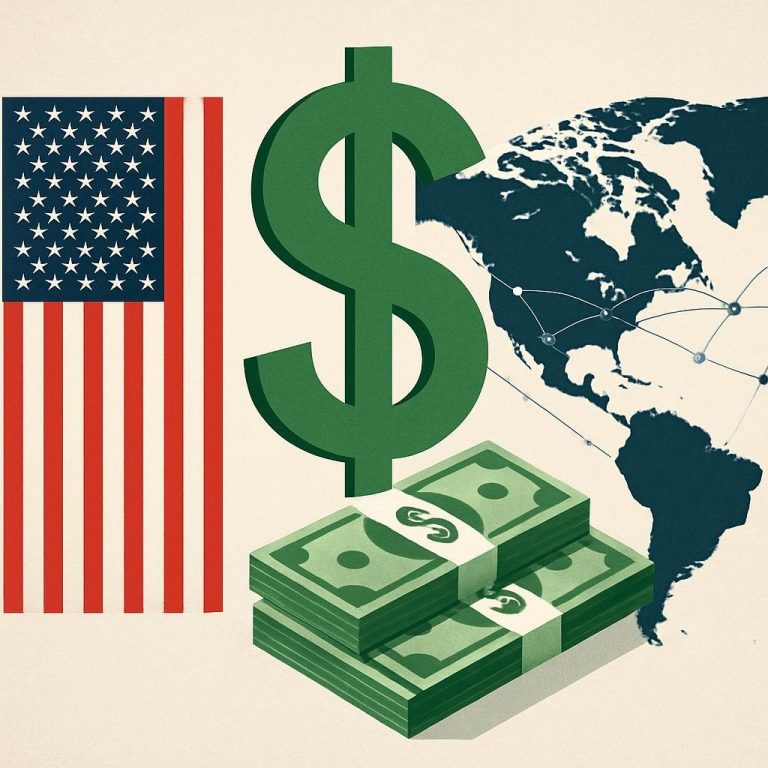
Canada’s decision not to join the United States—historically, politically, and culturally—was shaped by loyalty to Britain, resistance to American invasions, and a distinct national identity. From the War of 1812 to modern trade tensions, Canada has consistently chosen sovereignty over union, forging a global reputation as a peaceful, multicultural democracy.
🇨🇦 Historical Context
- Canada rejected the American Revolution due to loyalty to Britain, cultural divisions, and fear of instability
Source - The War of 1812 galvanized Canadian unity against U.S. annexation attempts
Source - British loyalty was a cornerstone of Canadian colonial identity and governance
Source - Failed U.S. invasions reinforced Canadian nationalism and pride in resisting foreign control
Source - Canadian colonies rejected U.S. union due to cultural, political, and economic differences
Source
🏛️ Political and Legal Factors
- Canada’s independence came gradually through negotiation, not revolution
Source - The British North America Act of 1867 established Canada’s sovereignty and federal structure
Source - Canadian leaders preferred confederation to annexation to preserve autonomy and unity
Source - Canada’s parliamentary system emphasizes collective governance, unlike the U.S. presidential model
Source - Annexation movements existed but never gained mainstream support
Source
🌎 Cultural and Social Identity
- French-English dynamics shaped Canada’s bilingual and multicultural identity
Source - Canada’s Indigenous relations emphasized reconciliation more than U.S. policies
Source - Canada embraced multiculturalism as policy, while the U.S. favored assimilation
Source - Canadian nationalism has surged in response to American pressure and cultural divergence
Source - Loyalist migration after the Revolution shaped Canada’s conservative and British-aligned society
Source
💰 Economic and Geographic Considerations
- Economic ties to Britain were stronger than potential U.S. benefits in the 18th–19th centuries
Source - Canada’s vast geography and harsh climate fostered distinct development paths
Source - Merging with the U.S. could risk economic sovereignty and policy control
Source - Trade tensions and tariffs have reinforced Canadian economic independence
Source - The U.S. has offered incentives, but Canada has resisted deeper integration
Source
🧠 Strategic and Philosophical Questions
- Canada’s cultural identity would likely erode under U.S. governance
Source - A merged North America would shift global power dynamics and governance models
Source - Canada’s independence has earned it a global reputation for peace and diplomacy
Source - Canada’s path shows the value of gradual sovereignty, cultural preservation, and multilateralism
Source - Modern appetite for union is low; most Canadians favor sovereignty and distinct identity
Source
🎥 Documentary Recommendations
| Title | Focus | Link |
|---|---|---|
| “The War of 1812” (PBS) | Canadian resistance and identity formation | Watch on PBS |
| “Loyalty and Rebellion” (CBC Archives) | Loyalist migration and Canadian society | Watch on CBC |
| “Canada: A People’s History” (2000) | Full historical arc of Canadian independence | Watch on YouTube |
| “The National Dream” (1974) | Confederation and railway nation-building | Watch on NFB |
| “Being Canadian” (2015) | Cultural identity and nationalism | Watch on Prime Video |
🔑 Keywords
Canada independence, American Revolution, War of 1812, British loyalty, Canadian confederation, parliamentary system, multiculturalism, Indigenous relations, Canadian nationalism, U.S. annexation, trade policy, sovereignty, cultural identity, Loyalists, economic union.





